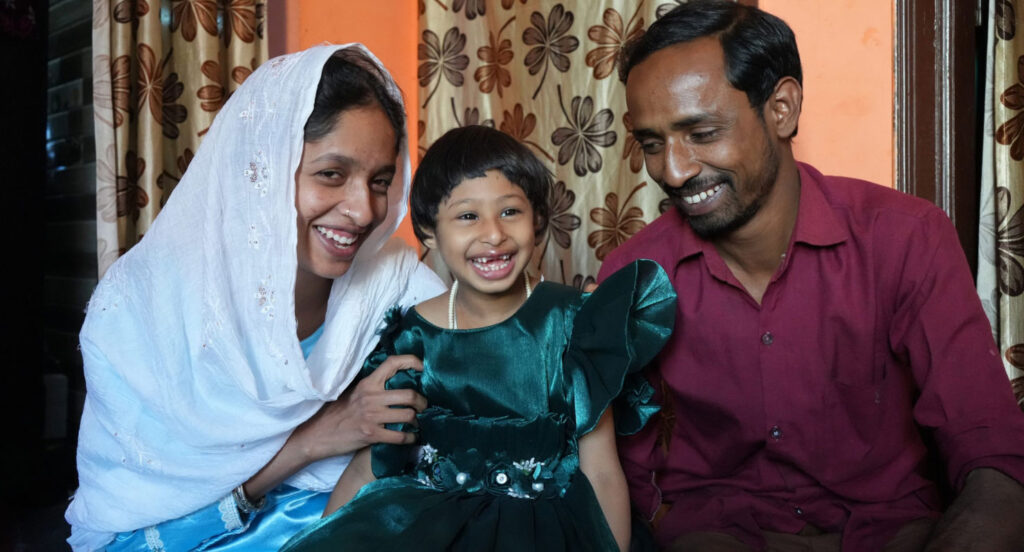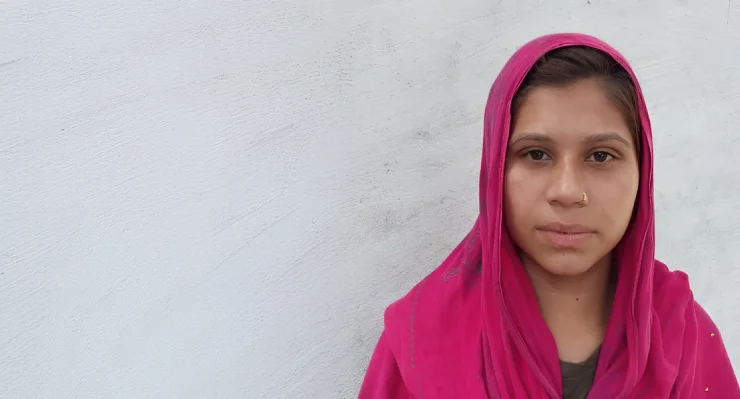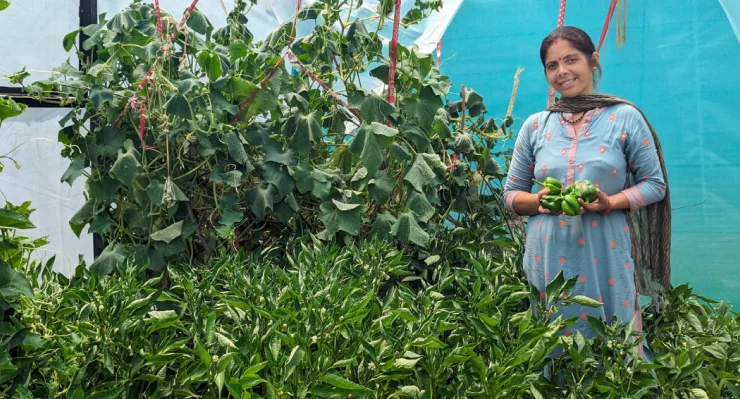
Sai Shree Suresh co-founded a school, guided countless families, and spent over two decades championing inclusive education for children with and without disabilities. Then she became a student again.
When she reflects on her journey, she begins not with her accomplishments but with unexpected humility, “Despite my years of experience, I quickly realized how much more there was to explore in inclusion as soon as I enrolled in CBM India’s Community Based Inclusive Development course.”
It started in her college days. While teaching tuition classes, Sai Shree noticed patterns others might have written off as ‘disobedience’ or ‘laziness’: children grappling with memory, struggling to concentrate, or unable to feel at ease in traditional classroom settings.
With guidance from a family friend, a psychiatrist, she and a group of peers decided to create a school from the ground up; one founded on patience and creativity.
“At Expressions School, I witnessed how structured therapies, the support of shadow teachers, and small but consistent interventions increased children’s sitting tolerance and focus,” she reflects. “I noticed how collaboration between teachers, parents, and caregivers was vital for children to truly thrive. I also saw how teaching neurodivergent children alongside their neurotypical peers not only supported learning but also strengthened their confidence and social integration.”
But even with years of success, Sai Shree sensed there were layers she hadn’t yet uncovered. That’s when she came to know about our certificate course on Community Based Inclusive Development. For someone with Sai Shree’s experience, joining the course might have seemed redundant. It was anything but.
My work gained fresh depth when I enrolled. The program broadened my perspective by covering the 21 types of disabilities, support networks, and Government initiatives like the Niramaya scheme. The theory classes were fast-paced and packed with information, but once I stepped into the field, I realized how every bit of that groundwork made sense. The practical sessions gave meaning to the classroom learning and proved their true worth.
Talking about her field exposure visits, Sai Shree says, “Visits to institutions gave me real-world insights into the challenges faced by persons with disabilities, especially in rural and remote areas with little or no access to resources. One of the most memorable visits was to a library run entirely by children, which showed me how even the youngest can make a meaningful impact. I have since implemented my learnings in my school, shared resources with parents and teachers, and helped families connect better with support systems.”
“The training not only expanded my knowledge but also deepened my resolve, empowering me to guide families more effectively, build stronger partnerships, and embed inclusive practices in every aspect of my institution so that every child can adapt, learn, and shine,” she shares.



